42 stages of relapse worksheet
Decisional Balance Worksheet. • Ie: "CSP worker will meet with client weekly to provide information about "client's goal", to come up with a list of natural supports, and to use a DBW to have client start thinking about pros and cons of working on the goal. The fifth stage of relapse may make you irritable and hostile, even over mild inconveniences. You will also experience periods of confusion. Stage Six: Depression. Minor depression will intensify during the sixth stage of relapse. You may develop irregular eating and sleeping patterns, become more lethargic, and abandon daily responsibilities.
Stage 2: Mental Relapse. The next stage is Mental Relapse. During this stage, the person with AUD has become tremendously discontent and has begun to think about using alcohol again as a coping mechanism. The effects of the Emotional Relapse stage have caused them to think about how drinking, in the past, was a great escape from the emotional pain.
Stages of relapse worksheet
Checklist of Relapse Symptoms Symptom Preoccupation: thinking a lot bout drinking/using. Irritability Impatience and restlessness Defensiveness Loneliness/isolation/avoidance Self-pity Dishonesty Neglecting recovery activities Resentment Anxiety/agitation Grandiosity/Intolerance Self-righteousness Criticizing others Boredom Depression Poor diet Poor sleep The Stages of Change worksheet is a free download to educate the client about the stages involved in behavioral transformation and relapse. Relapse Prevention Plan The Relapse Prevention Plan provides a useful resource to capture coping skills and social support, along with the potential impact of relapse in behavior. Relapse Prevention Plan Worksheet. GinaMarie Guarino, LMHC. When in recovery, it is important to have a safety plan. Patients who are in recovery will face many challenges, and most of them will be unexpected. This is why helping our patients be prepared for triggers, cravings and obstacles is critical for recovery.
Stages of relapse worksheet. The steps in the dry relapse stage can be identified—later we will look at 37 steps to relapse. Each one is a signal that you are on a path that is headed for trouble. A person can be on the path to relapse for a long time, and yet say, “I’m doing OK.” They Assessing Your Stage of Change Worksheet. Decision-Making Matrix: Pros and cons of quitting. Therapy-Sabotaging Behavior Worksheet. Review of Your Past Treatment Experiences Worksheet. Goal-Planning Worksheet. Daily Craving Record. Substance Use Triggers Worksheet. Managing Thoughts of Using Worksheet. Clients who have recently achieved sobriety from their addiction, or those who have struggled with relapse, will benefit from this printout. This worksheet includes ten brief tips to help clients avoid relapse. We suggest picking out a few items from the list that you believe apply to your client to discuss in greater detail. Some tips recommend that your client develops a plan for certain … Although many people see relapse as impulsive, there are many warning signs that signal the danger of a possible drug or alcohol relapse. Relapse is often thought to have three stages—emotional, mental, and physical. Let’s take a look at each stage, as well as the warning signs involved. Emotional Relapse
The Three Stages of Relapse When a person in recovery starts to struggle with relapse they go through three stages, each of which is reversible 1. Emotional Relapse The first stage is emotional relapse where your habits are setting you up to relapse in the future. There are no thoughts of using at this point 2. Mental Relapse Download the best printable relapse prevention plan worksheet here. Below is the link to download the plan anti relapse prevention – as easy as it seems. Just click on it and go to the visualization page, from where you can print it if you have a printer available, or save it for another time. Don’t forget to check our CBT worksheet, DBT ... The relapse process does not only involve the act of taking a drink or using drugs. It is a progression that creates the overwhelming need for alcohol or drugs. Relapse does not happen when the addict takes the first drug or drink. Relapse is a process, not an event. Relapse begins long before the addict returns to active using. Relapse Chain Worksheet Instructions: The last link in the relapse chain represents your use of alcohol, tobacco, or other drugs. Each preced-ing link represents a specific relapse warning sign. Identify as many warning signs as you can. Then state how much time elapsed between the earliest warning sign and the first time you used a substance again. Also, state how you felt
The Stages Of Drug Relapse. While experts agree that recidivism is part of recovery and happens gradually, there are different explanations of its phases and warning signs. There Are Three Main Stages of Drug Relapse: Phase 1: Emotional. This phase is highlighted by poor self-care, destructive behavior, and emotional triggers. Relapse Prevention Planning GORSKI CENAPS www.cenaps.com, www.tgorski.com, www.relapse.org or info@cenaps.com 6 GORSKI-CENAPS 352-596-8000; FAX: 352-596-8002 relapse is most likely getting to the same place in recovery and hitting the same stuck point again and again, not getting the vital help needed to final work it through successfully and move on to later stages of recovery. This is one crucial area of training every professional counselor working in this field must have to be effective. Stuck 27 Mar 2021 — Addiction is a chronic condition, and not surprisingly, people who are in recovery relapse to their dysfunctional behaviors.
Relapse is a process that involves three stages: emotional relapse, mental relapse and physical relapse. By understanding these stages and the signs that accompany them, you can reach out for help sooner than later.
real time (Miller & Harris, 2000). Rather, the total score was the best predictor of impending relapse. ADMINISTRATION: This is a self-report questionnaire that can be filled out by the client. Be sure that the client understands the 1-7 rating scale. When the client has finished, make sure that all items have been answered and none omitted.
This page will cover how to recover from each of the 3 stages of relapse. Stage 1: Emotional Relapse. Most people in recovery will likely have to deal with an emotional relapse at some point. It happens when your recovery self-care routine slips or you come in contact with too many triggers too often. Click here to see how to deal with emotional relapse. Stage 2: Mental Relapse
Relapse is thought to have three stages — emotional, mental, and physical — with related warning signs. During the emotional relapse stage, a person is not actively using or thinking about using drugs or alcohol. They remember the last time they used (or relapsed) and don't want to repeat it.
Addictions Worksheets, Dual Diagnosis, And Relapse Prevention Misuse of alcohol and other drugs frequently co-occurs with other mental health conditions. For example, rates of PTSD among some groups misusing substances have been reported to be as high as 50% (Reynolds et al., 2005).
Then what is relapse? It is a process 'Process' refers to any ongoing situation that takes place stage by stage, and therefore can be interrupted and stopped at any point of time. Relapse is a process that creates, in stages, an irresistible craving in our mind for drugs. It is actually this thought process, which should be called a relapse.
Addiction is a chronic disease; therefore, relapse is considered a common aspect of the disease. NIDA, The National. Institute on Drug Abuse, ...
What Are the Three Stages of Relapse? Contrary to popular beliefs, that relapse is a quick, almost situational occurrence, it is actually a slow process that occurs in 3 stages: emotional, mental, and physical. Being aware of these three stages can help prevent relapse before it occurs.
Page 3 of 9 Relapse warning signs describe what you will see in yourself or what others may see about you that tell you that you may be at risk for relapse. For example, if you are an alcoholic and you find yourself thinking, "I could probably go to a bar today and have just 1 drink," then that
Relapse Prevention stages, signs explained on DOSF Blog. Read more about signs of relapse, relapse prevention plan worksheet & more. Call now ☎ (863) 623-4923!
There are four main ideas in relapse prevention. First, relapse is a gradual process with distinct stages. The goal of treatment is to help individuals recognize the early stages, in which the chances of success are greatest. Second, recovery is a process of personal growth with developmental ...
Stages of Change (Worksheet) | Therapist Aid Stages of Change The stages of change (precontemplation, contemplation, preparation, action, maintenance, and relapse) depict the typical course of recovery when dealing with addictions, but they can be used with any difficult change.
1. Relapse begins when you use alcohol and or drugs. TRUE FALSE 2. People relapse because they fail to use willpower. TRUE FALSE 3. The primary causes of relapse are negative events in the person’s life. TRUE FALSE 4. Relapse is sudden and unpredictable. TRUE FALSE 5. All recovering persons experience equally strong tendencies toward relapse.
Bitte nutzen Sie für die Suche von Beratungseinrichtungen zur Alkohol-, Tabak-, Drogen-, Medikamenten- und Glücksspielsucht das Suchthilfeverzeichnis unseres ...
Stages of Change Stage of Tx Interventions Precontemplation ... worksheet * Preparation Made the decision to change soon and is developing a growing commitment to ... Relapse Prevention *Develop a Relapse Prevention plan to deal with people, places, and things that trigger
A Relapse Prevention Plan: Stages of Relapse, Early Warning Signs, Coping Skills, Tools of Recovery.
Relapse Prevention Plan Worksheet. GinaMarie Guarino, LMHC. When in recovery, it is important to have a safety plan. Patients who are in recovery will face many challenges, and most of them will be unexpected. This is why helping our patients be prepared for triggers, cravings and obstacles is critical for recovery.
The Stages of Change worksheet is a free download to educate the client about the stages involved in behavioral transformation and relapse. Relapse Prevention Plan The Relapse Prevention Plan provides a useful resource to capture coping skills and social support, along with the potential impact of relapse in behavior.
Checklist of Relapse Symptoms Symptom Preoccupation: thinking a lot bout drinking/using. Irritability Impatience and restlessness Defensiveness Loneliness/isolation/avoidance Self-pity Dishonesty Neglecting recovery activities Resentment Anxiety/agitation Grandiosity/Intolerance Self-righteousness Criticizing others Boredom Depression Poor diet Poor sleep


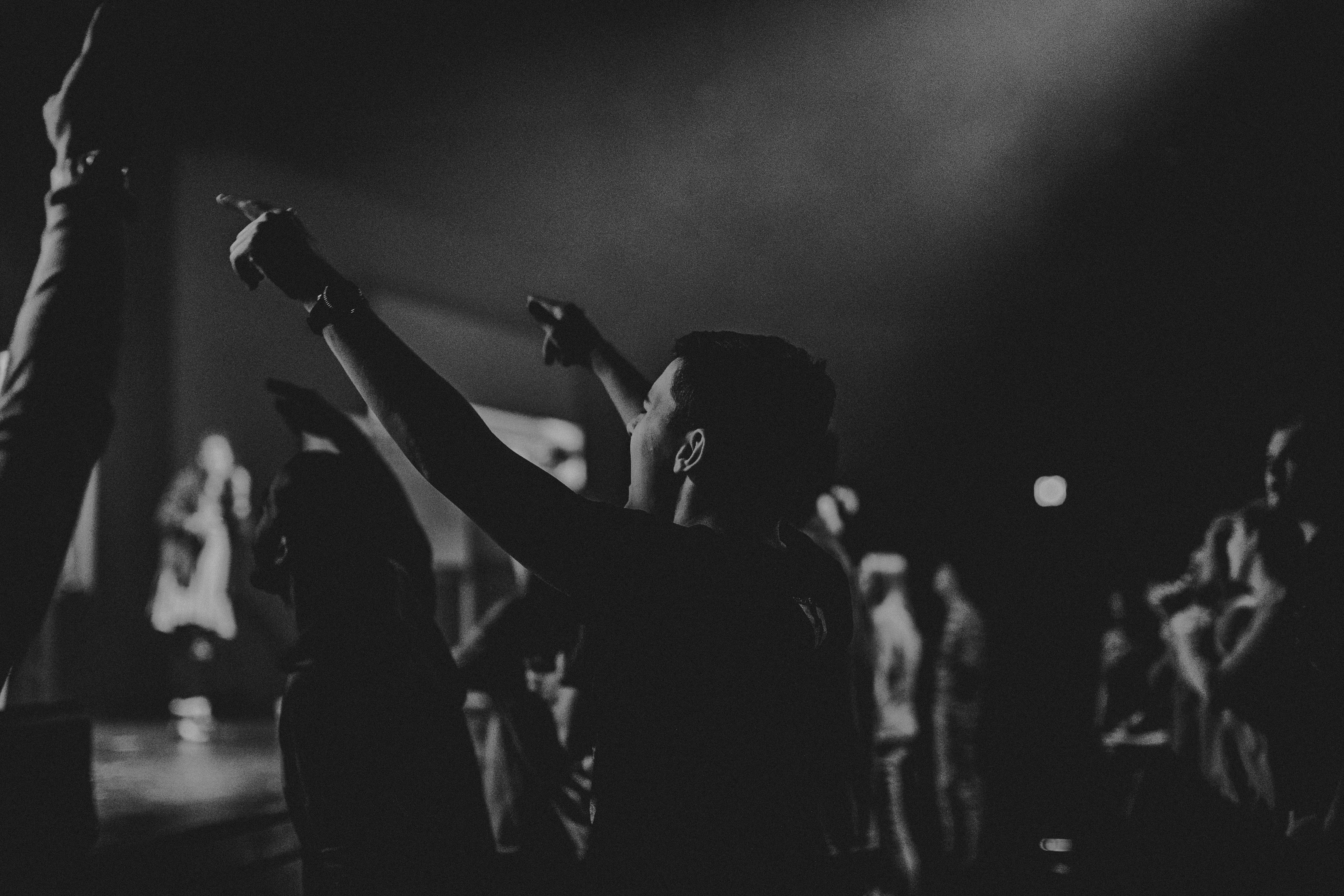






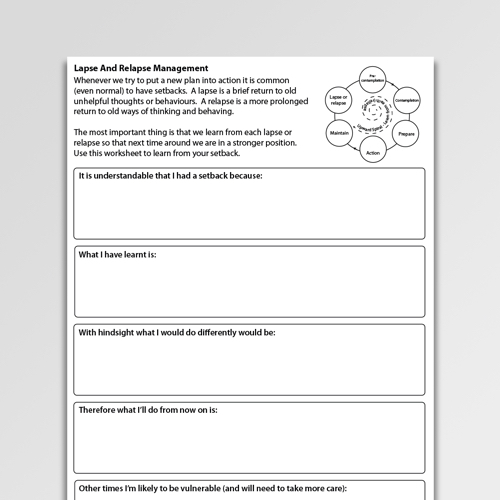
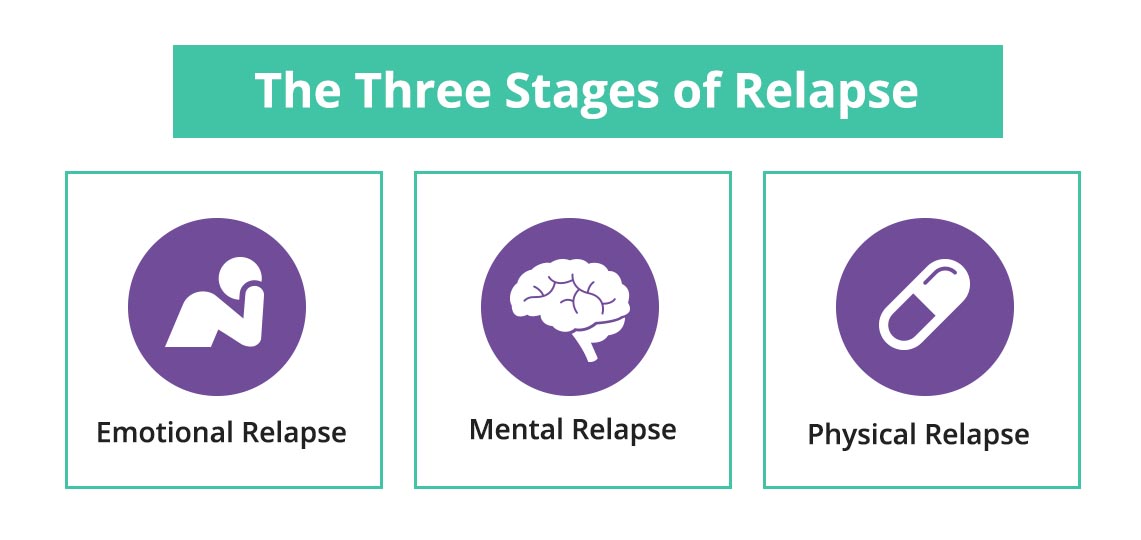


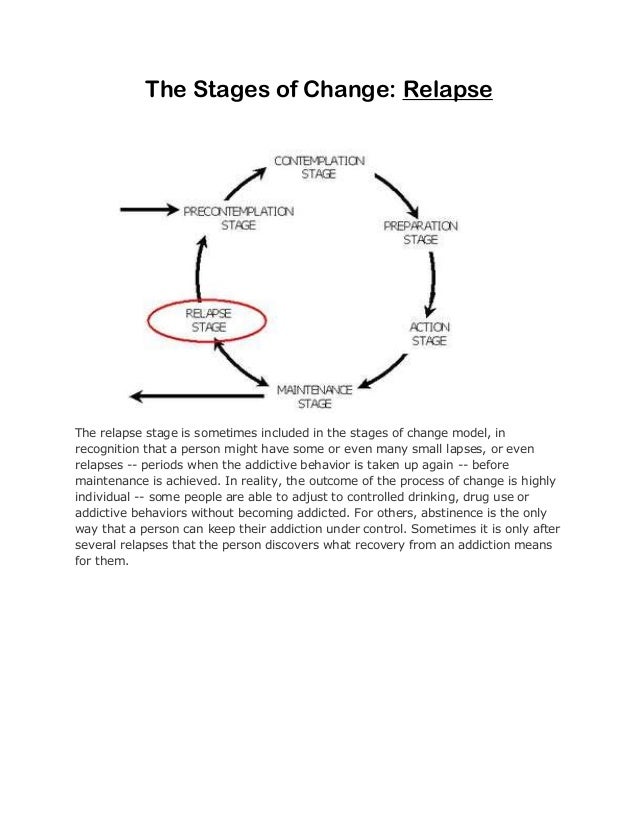
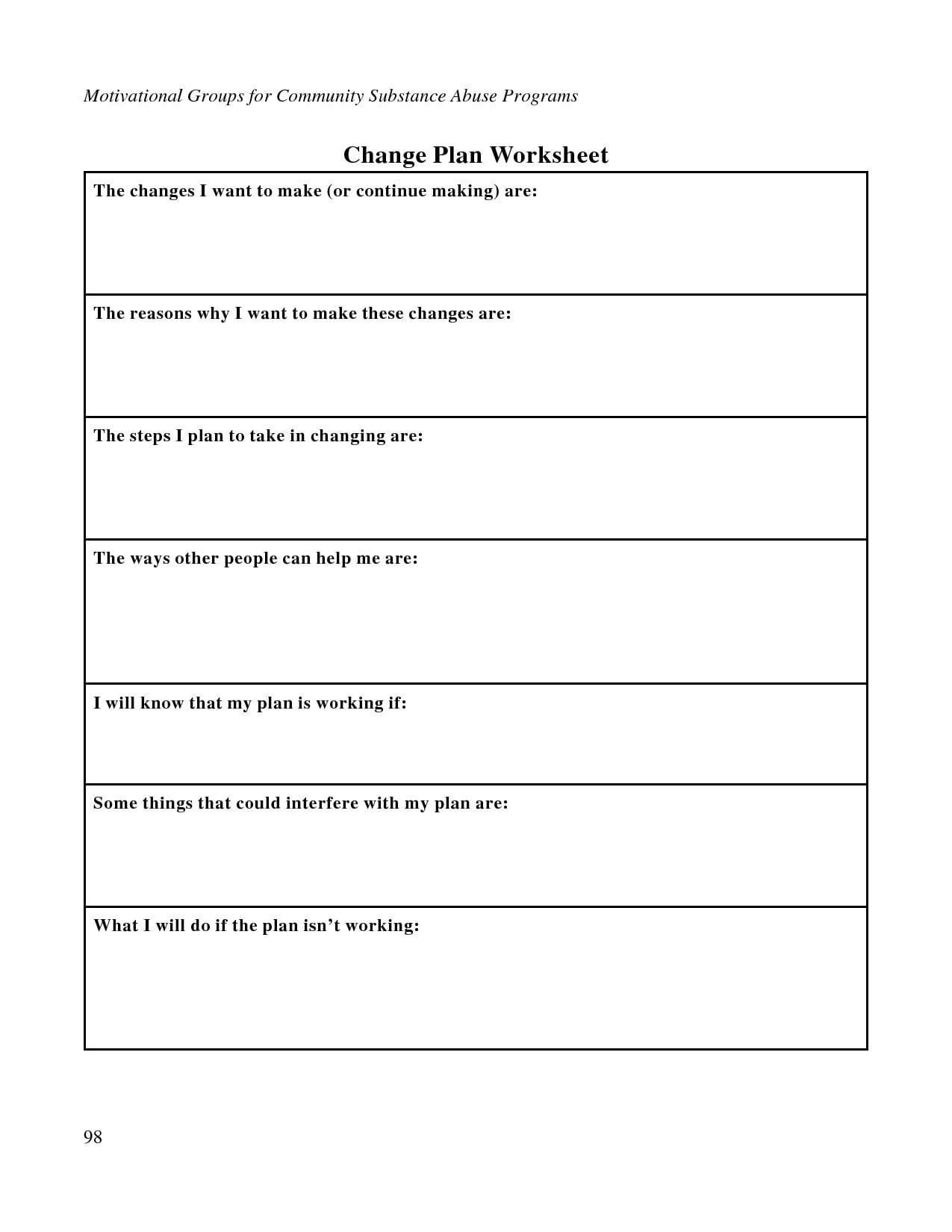



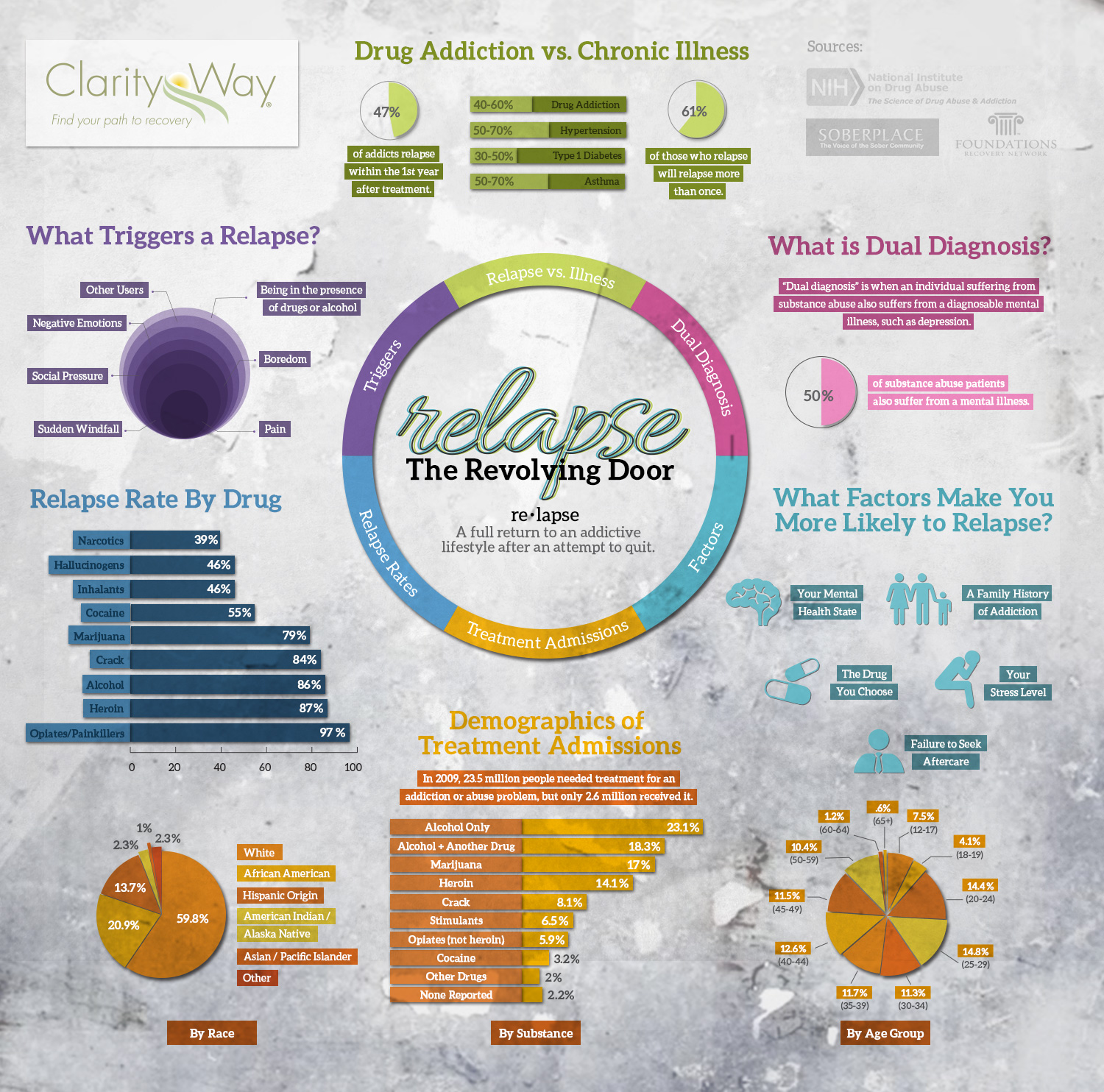
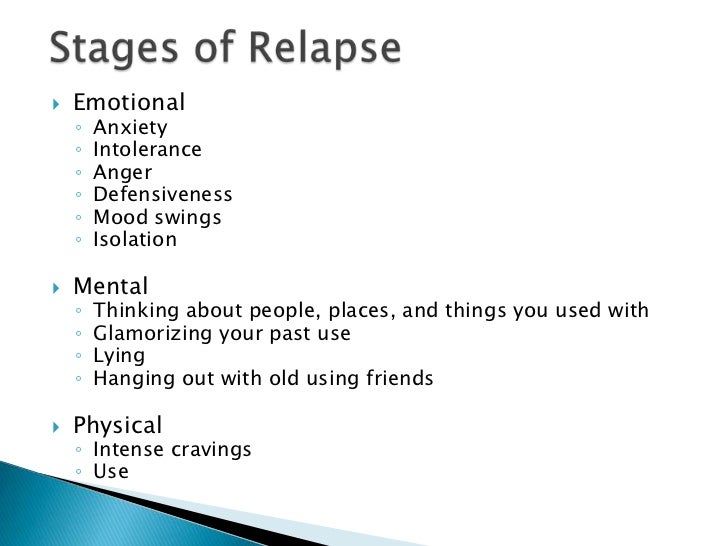
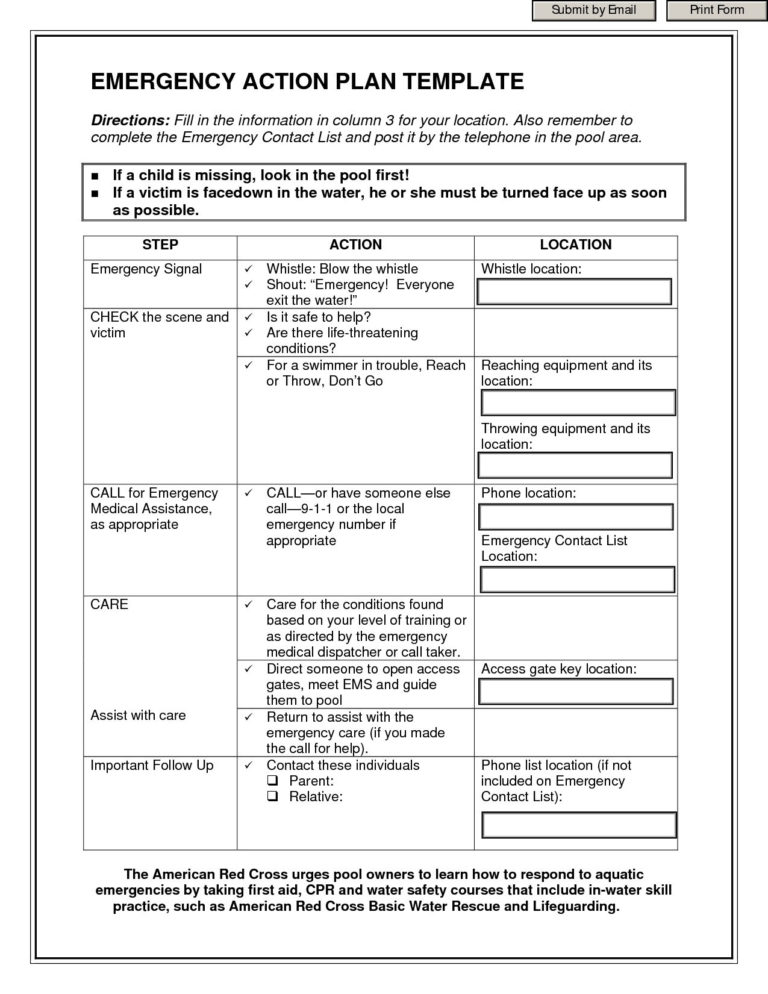


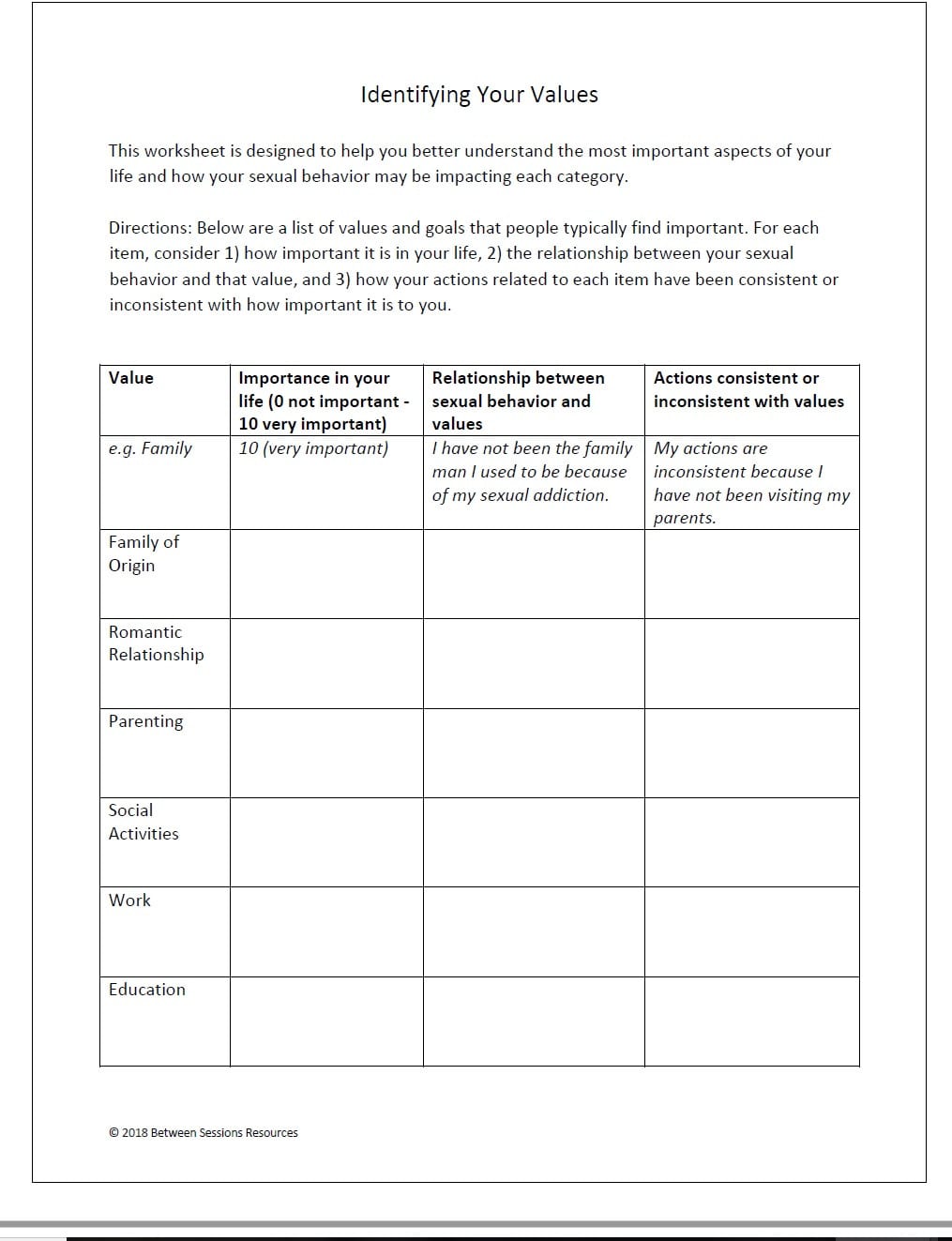







0 Response to "42 stages of relapse worksheet"
Post a Comment